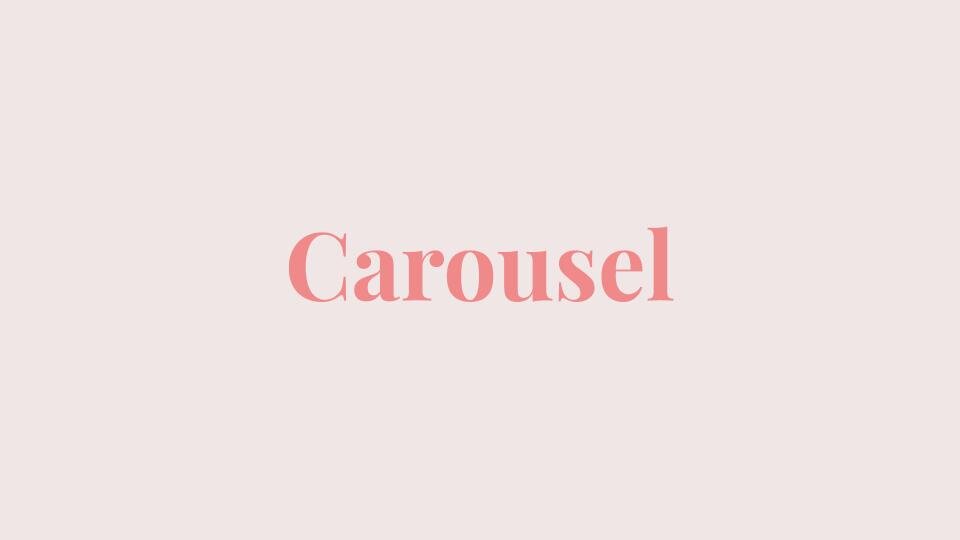Do You See What I See? Finding the Opportunity in Challenging Experiences
How do you perceive your problems, disappointments and uncomfortable feelings?
Are they something to avoid?
Or do you see the opportunity in them?
How we regard disappointment can have an impact on our experience. One of the goals in psychotherapy and other popular, researched therapies such as Cognitive Behavioural Therapy (CBT) and Acceptance and Commitment Therapy (ACT), is to help an individual have a less allergic reaction to distress; to become more comfortable with discomfort. Seeing the mental health opportunity inherent in difficulty can help with this. As the Buddhists say, “the obstacle is the way.”
The typical options we utilise when experiencing emotional distress are denial, projection, expression and escape. There can be a strong ego attraction to finding a solution for our pain in the world - a new home, a new job, a new body, a new relationship, a different relationship, a happier spouse, a mother in law that didn’t interfere, a kid in the right school. Our worldly solutions are confusing and endless. Usually focused on some achievement in the future.
This approach keeps us on the hamster wheel. When one “problem” is solved, guilt in our mind quickly finds a new problem to project onto in a misguided attempt at release.
One of the lessons in A Course in Miracles is “Let Me Recognise the Problem so it Can Be Solved.” W-79.
Let us not find the solution in the past or the future where it cannot be solved.
Let us tackle the problem where it is in the present, in the mind.
The spiritual-psychological model can help us transform the perception of our problems.
In this model, our unified purpose is to heal ourselves. With the help of aides like A Course in Miracles, we begin to recognise the pain of our temporal body identification and the primordial fear-based survival instinct. We experience a real alternative as an eternal spirit identity.
In this mode, it is possible to de-couple our worth from our worldly triumphs and tribulations. With our identity certain and full in God, we experience feelings of wholeness and completion. Our worldy problems do not impact our identity, and so we experience less distress. By clearly showing us our attachments, our problems can even be cause for gratitude and celebration. As this Buddhist prayer demonstrates:
“May I be given sufficient difficulties that my heart can truly open with compassion.”
The challenge here is finding tools that can ease our emotional distress through mental transformation - a change in perception or an expansion of awareness.
Here are a few tools to experiment with.
Practice of Forgiveness
Cognitive Behavioural Therapy
Meditation
Mindfulness
Letting God lead the way
Cultivating trust
Cultivating patience
Which one works best for you?
